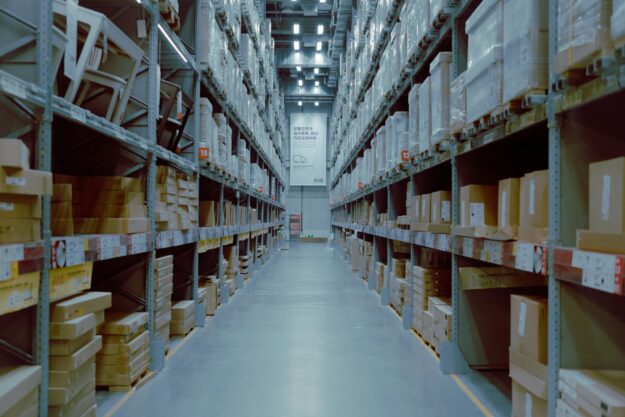Korean and Taiwanese Textile Industries Forge Alliance to Boost Global Competitiveness
Korean and Taiwanese textile industries are joining forces to bolster their global competitiveness through enhanced collaboration in the supply chain. This initiative was highlighted by the leaders of both sectors during the 18th annual Korea-Taiwan Textile Industry Conference held in Busan. At the conference, chaired by the Korea Federation of Textile Industries (KOFOTI) and the…
Details









